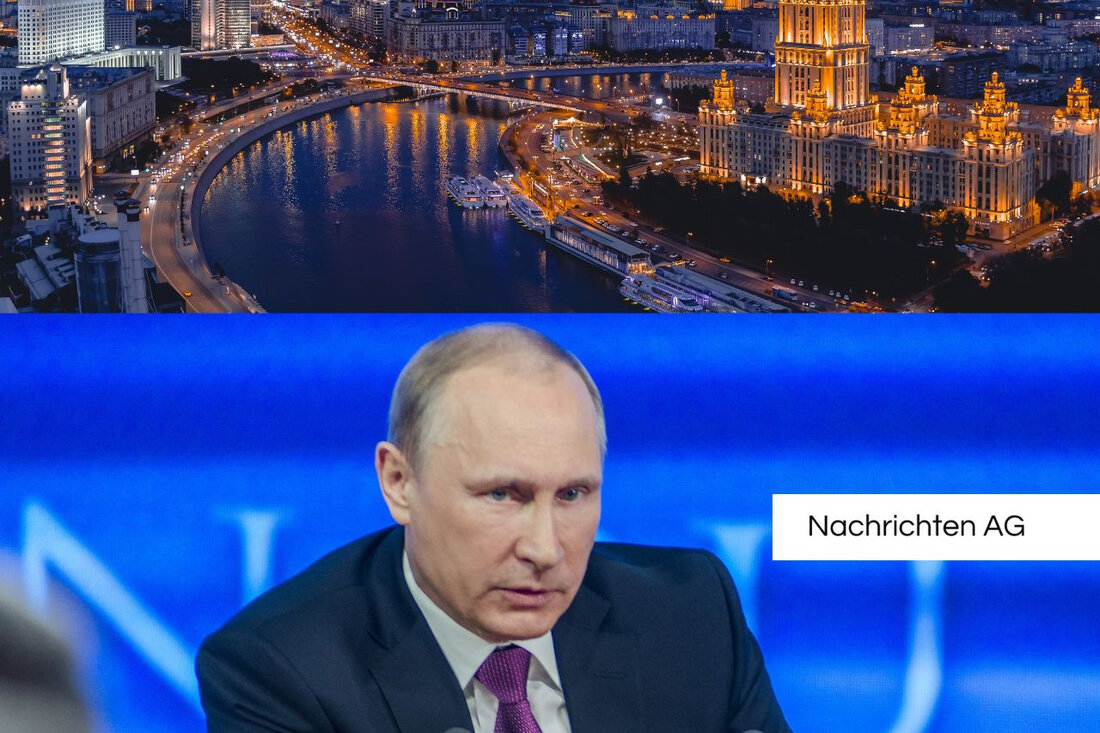Minister of Culture Weimer warns: Global cultural struggle threatens freedom!
Minister of Culture Weimer warns: Global cultural struggle threatens freedom!
Berlin, Deutschland - Minister of Culture Wolfram Weimer (CDU) recently expressed his concern about a "global cultural struggle". He emphasized that these developments could be observed not only in dictatorships, but also in the West, where an increase in nationalism can be determined. In his speech in front of the Order Pour Le Mérite, Weimer made a worrying comparison of the anti -freedom currents in the United States with those in authoritarian regimes such as China and Russia as well as in India. Here he pointed out that there was a general trend against freedom in the four largest powers. This consideration illustrates the growing urgency to deal with cultural and political challenges that extend across national borders.
orderer Hermann Parzinger added that a “cultural struggle from right” can also be felt in Germany. He attracted special attention to the efforts of right strength to influence cultural programs and job occupations. These tendencies are therefore not only focused on East Germany, but also present in regions such as North Hesse and the Ruhr area. Parzinger emphasizes that these developments have to be taken seriously in order to preserve the high priority of culture and freedom. The Order Pour Le Mérite combines around 80 significant personalities, including numerous Nobel laureates. The current patron, Federal President Frank-Walter Steinmeier, underlines the renowned tradition of this order, which was founded in the 19th century by King Friedrich Wilhelm IV.
cultural struggle and freedom of art
In the context of the discussion about the cultural struggle, the first broadcast of the documentary "Cultural struggle from right" must also be mentioned, which was broadcast on 3sat on July 27, 2019. This documentation deals with protests by hundreds of employees of German -speaking cultural institutions that took place in Germany in May 2019. The protest was organized by “Die many”, a merger of cultural designers, who turned against the disorders of events through right -wing groups. The criticized groups aim to restrict the freedom of art considerably.
Marc Jongen, the AfD's cultural policy spokesman, confirmed the existence of a cultural struggle and warns of ideological censorship, as philosopher Peter Sloterdijk notes. An example of such efforts is the investigation against the Center for Political Beauty by a public prosecutor's office with connections to the AfD. Another example is the exclusion of a painter from the Leipzig annual exhibition, which sympathized with the AfD. These events illustrate the dangers that go out through an increasing politicization of culture and require a guilty eye on developments in the field of art and culture in Germany.
135 years ago there was a significant cultural struggle in Germany, which had a lasting impact on the political landscape. Under Otto von Bismarck, an attempt was made to push the influence of the Catholic Church and its supporters back on the national unity, which led to an attack on the rights of the Catholic communities. Measures such as civil marriage and the pulpit paragraph are still understandable.
The resistance of the Catholic minority, including the founding of the Center Party, led to an increasingly polarized climate in German politics. With the introduction of a series of censual laws, however, this cultural struggle did not end with the desired success for Bismarck, since the Center Party in 1874 was able to influence influence. The dialogue only became the death of Pope Pius IX. and the following approach between Bismarck and the Center Party possible again.
The teachings from the history of cultural struggle are more topical than ever today. The current cultural discussion shows how important the protection of freedom in the cultural sites and art is. Developments in Germany and across borders are an urgent indication that it remains to be vigilant and actively stand out for freedom in culture.
| Details | |
|---|---|
| Ort | Berlin, Deutschland |
| Quellen | |


Kommentare (0)